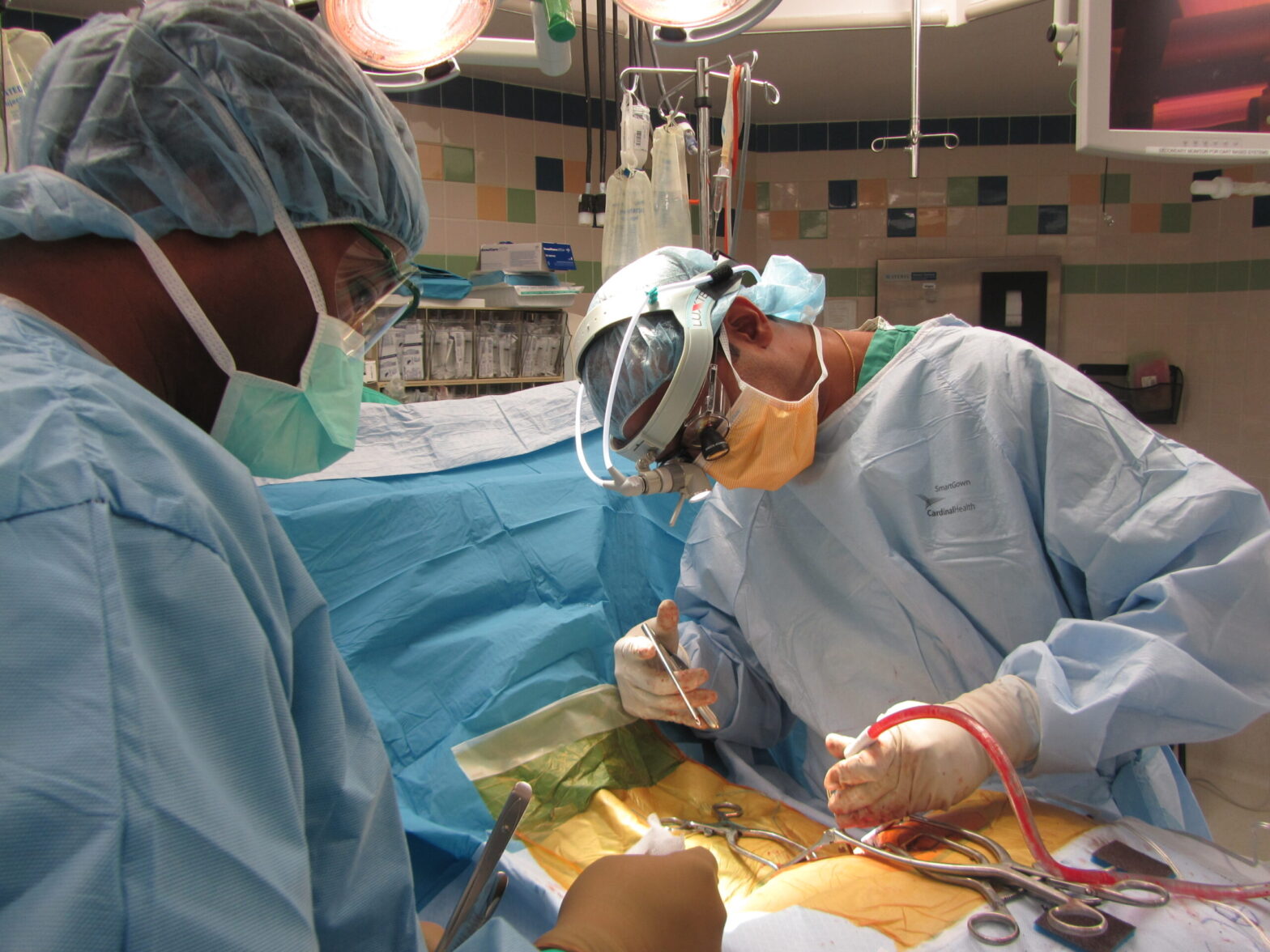
Experiencing back pain is a common plight that many people face, often leading them to wonder whether they should consider spinal surgery. While the thought of undergoing surgery can be daunting, there are specific instances where it becomes a necessary step towards achieving relief and improving quality of life. Knowing when it’s time for spine surgery requires understanding the signs, symptoms, and conditions that may necessitate this form of treatment.
Understanding the Signs
Persistent Pain
One of the most telling signs that it might be time to consider spinal surgery is experiencing persistent or chronic back pain that does not improve with conservative treatments such as physical therapy, medications, or injections. If your pain limits your ability to perform everyday activities and significantly impairs your quality of life, surgery may offer a viable solution.
Neurological Symptoms
Neurological symptoms such as numbness, tingling, muscle weakness, or difficulty controlling bowel and bladder functions can indicate serious spine-related issues. These symptoms often arise from nerve compression and may require surgical intervention to relieve pressure on the nerves.
Specific Diagnoses
Certain spinal conditions are more likely to require surgery for effective treatment. These include:
- Herniated Discs: When a disc herniation compresses nearby nerves, causing severe pain or neurological symptoms.
- Spinal Stenosis: Narrowing of the spinal canal, leading to nerve compression.
- Spondylolisthesis: Slippage of one vertebra over another, potentially causing pain and instability.
- Vertebral Fractures: Broken vertebrae due to trauma or conditions like osteoporosis may necessitate surgery for stabilization.
- Degenerative Disc Disease: Severe degeneration of the discs can lead to instability and pain, sometimes requiring surgical intervention.
Failed Conservative Treatments
If you have diligently followed through with recommended conservative treatments for an adequate period (typically several months) without significant improvement, it may be time to consider surgical options. Surgery often becomes a consideration when less invasive methods fail to provide relief.
Consulting with a Specialist
It’s crucial to consult with a spine specialist or orthopedic surgeon to determine the best course of action. A specialist can assess your condition through physical examinations, review of your medical history, and imaging tests like MRI or CT scans. This comprehensive evaluation helps determine whether surgery is the most appropriate treatment for your specific situation.

Making the Decision
The decision to undergo spinal surgery should not be taken lightly. It’s essential to discuss the potential risks, benefits, and recovery process with your surgeon. Consider getting a second opinion to ensure that surgery is the right choice for you. Surgery is generally considered a last resort, recommended only when the potential benefits outweigh the risks and when non-surgical treatments have failed to provide adequate relief.
Conclusion
Spine surgery may be necessary to alleviate pain, correct structural issues, and improve quality of life for individuals with certain spinal conditions. Recognizing the signs that it’s time for surgery, such as persistent pain, neurological symptoms, specific diagnoses, and failure of conservative treatments, is crucial. Consulting with a specialist and carefully weighing the decision with informed medical advice can guide you towards the best path for your spinal health and overall well-being.






